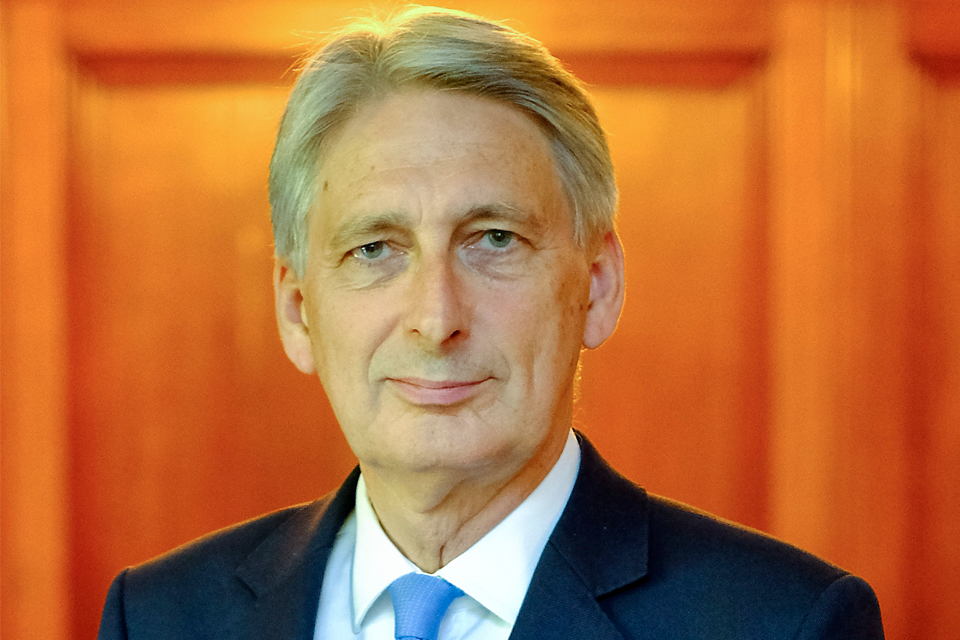EU Transport Council: 24 June 2010
Report on the 24 June 2010 Transport Council meeting which included amending the Air Transport Agreement, mobility and security scanners.

I attended the second Transport Council of the Spanish Presidency in Luxembourg on 24 June.
The Transport Council adopted a decision to sign a protocol amending the 2007 Air Transport Agreement with the United States. I noted the UK’s support for the decision and that we would look forward to further cooperation and reform in the future under the mechanisms set down in the agreement, particularly with regard to the liberalisation of investment opportunities in airline operators. The protocol itself was signed by the presidency on behalf of the EU, by ministers on behalf of the member states, and by the US Ambassador to Luxembourg and the US Assistant Transportation Secretary for Aviation on behalf of the US.
The Commission updated ministers on the work requested by the extraordinary Transport Council on 4 May on the topic of the volcanic ash cloud. The Commission reported that there was ongoing technical work in refining the limit values that would provide a definition of a safe environment for flying and on adopting new mechanisms and approaches for coordinating action at the EU level. Guidance had been produced on how passenger rights legislation should be applied and work was ongoing with respect to a European mobility plan. In respect of state aid, the Commission noted that the treaty opens the possibility for member states to compensate airlines, but to date no member state had in fact made a formal request for state aid clearance, nor had any draft proposals been presented to the Commission. I noted that more technical work was needed to refine limit values and that there was a need to maintain pressure in order to establish safe tolerance levels. I further noted that there was an opportunity to pool efforts for conducting research flights. Although we acknowledged the losses suffered by business as a result of this event, I indicated that in current circumstances, with constrained budgets, the UK would not wish to raise expectations that financial assistance would be forthcoming. Whilst passenger protection during the closure of airspace was vital, I asked the Commission to review regulation 261/2004, on passenger rights, in light of the European Court of Justice decision of November 2009 which has resulted in some perverse and disproportionate consequences with respect to the financial impact on airlines of having to compensate passengers for delayed flights.
Council conclusions were adopted unanimously on the Commission’s Urban Mobility Action Plan, which sets out a framework of initiatives to promote integrated policies and optimise urban mobility. The conclusions support the development of sustainable urban mobility policies, while maintaining the principle of subsidiarity.
The presidency noted that the European Council had recently agreed its Europe 2020 strategy for growth, and invited views on how transport could contribute to the strategy. The Commission stated that, although it did not feature prominently in the Europe 2020 package, transport was important for growth, and the strategy provided a suitable basis for the Commission to take forward its work on transport. A white paper would be forthcoming before the end of the year which would include views on intelligent transport systems, multi-modality, and alternative sources of funding. I noted that the UK’s overarching national objectives for transport were to support economic growth and contribute to the 2020 carbon reduction targets. Additionally, I stressed the importance of having competitive transport services, and the need to avoid excessive regulatory burdens on business.
Following the Detroit terrorist incident at the end of 2009, the Commission presented its communication on the use of security scanners at EU airports. I stated that EU restrictions which currently prevented the effective and efficient use of security scanners needed to be removed and urged the Commission to bring forward the necessary legislative proposals to facilitate this, in order to allow scanners to be used as a primary method of screening at UK airports.
The Commission informed the Council of the adoption of the Galileo Action Plan in June and that the focus would now be on coordination of efforts, with regulatory proposals only being bought forward if necessary.
During a further discussion on the Galileo programme, I informed ministers that, following the success of a joint bid with France to host the Galileo Security Monitoring Centre, the UK would be withdrawing its bid to host the Galileo Supervisory Authority and would instead support the bid of the Czech Republic to host this entity in Prague. I also informed ministers that the UK would not support any additional funding requests for the Galileo programme, within the current financial perspective.
The Commission announced that it intended to withdraw the proposal to exclude self-employed drivers from the scope of the 2002 Road Transport Working Time Directive following the recent rejection of the proposals by the European Parliament. With support from the other delegations, I urged the Commission to continue with efforts to seek a compromise solution with the Parliament.